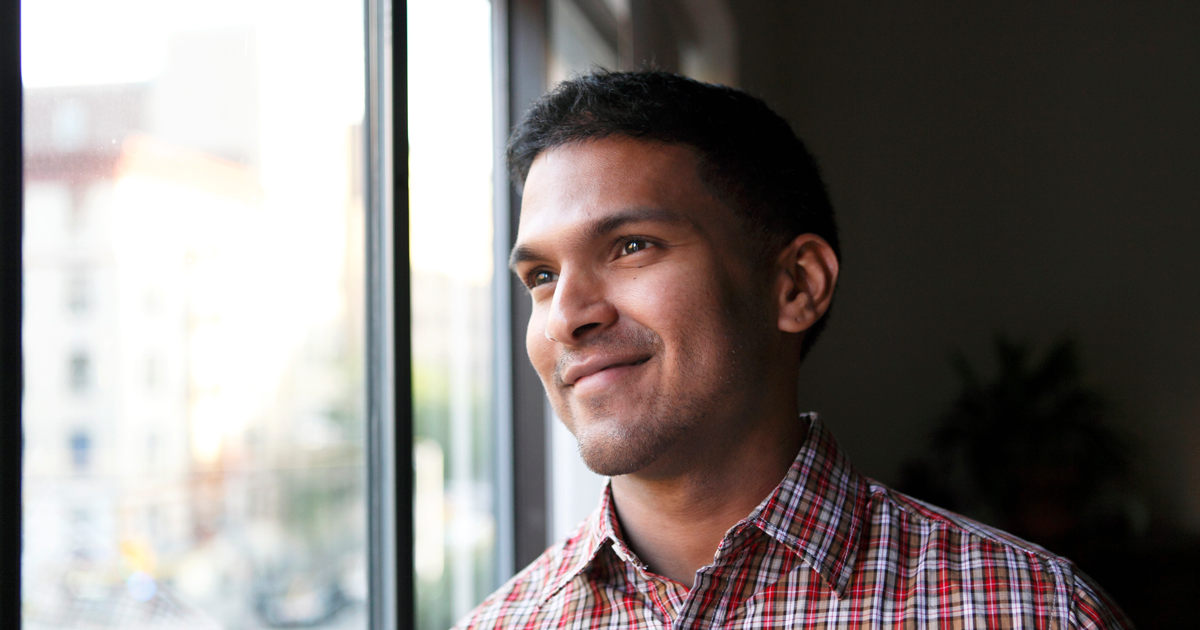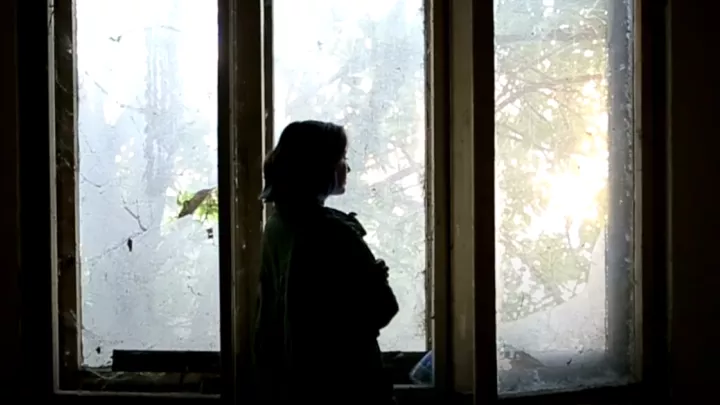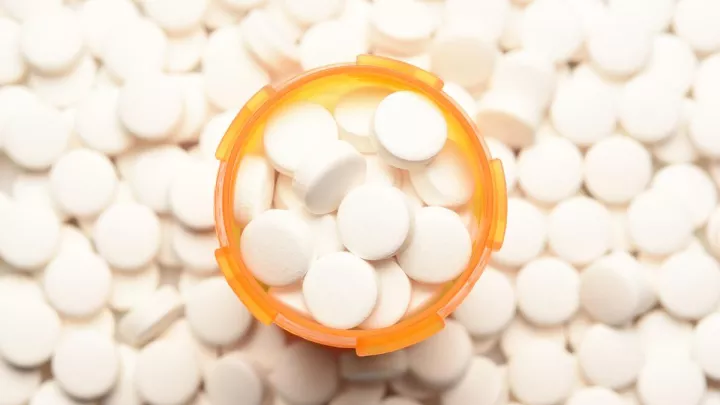Hope and treatment for addiction during a pandemic

Dealing with the difficulties of a pandemic on a daily basis is wearying for all of us, but for those suffering from addiction and other mental health issues, the challenges are compounded. Physical distancing, sustained lockdown, stress, and unemployment make those with substance disorders even more vulnerable than ever.
Breaking the cycle of isolation is difficult during a pandemic
Many rely on in-person groups and treatment, which is a lifeline to their recovery. Addiction is a disease of isolation, so the same social distancing restrictions meant to keep us safe and slow the spread of COVID-19 can also create an additional crisis for those struggling with addiction.
"Addiction is a hijacking of the pleasure center," says Ken Zoucha, MD, assistant professor and director of Psychiatry Addiction Medicine at Nebraska Medicine. "We are built to seek out rewarding activities. One of the things that causes us to feel good about ourselves and boost dopamine is being around other people, but when you have substances that hijack and create pleasure way beyond what it's supposed to be, suddenly connections we would normally get from family and friends don't meet that level anymore. The people in our lives become less important, resulting in more isolation."
The in-person contact and support that organically happens before and after meetings is missing right now. Even with online meetings, it's easy to be anonymous and distracted, making it harder for some people to focus and connect.
COVID-19 has created a surge of people in need of help
According to Dr. Zoucha, the numbers of people needing help for substance disorders has risen significantly since the onset of COVID-19, and they've seen it across all age groups. Those with a lack of resources and the elderly are particularly at risk for not getting the help they need. Many simply don't have computer access or are afraid to go out for fear of getting sick. People with a history of addiction may also be more susceptible to infection, including COVID-19. If smoking has been a part of a person's disease, it raises their risk due to the negative effects on respiratory and pulmonary systems. A recent study showed that people with substance use disorders had a 10-fold higher risk of COVID-19 infection.
The Intensive Outpatient Program offers hope and healing
There is good news. The Nebraska Medicine Intensive Outpatient Program (IOP) offers hope to those battling addiction every day. Launched in July of 2018, the program provides evidence-based, integrated care for people suffering from addiction and mental health disorders and provides treatment for both at the same time. A multidisciplinary team of psychiatrists, addiction medicine specialists, therapists and nurses all work together in a patient's recovery process with an individualized treatment plan. Patients participate four days a week, three hours per day, for six weeks, allowing them to continue living at home while engaging in comprehensive treatment for their disorders.
Qualities that make the Intensive Outpatient Program unique
Dr. Zoucha identifies several key areas that make the program distinct. "The IOP is a true co-occurring substance use disorder and mental health program. We have a psychiatrist that is also a board-certified addiction medicine physician, who sees each patient at the beginning and follows them throughout the whole program. Our therapy staff are highly trained with master's degrees in social work, and have had extensive education surrounding the diagnosis and treatment of substance use disorders. We have a strong trauma component to our program that discusses trauma and its role in substance use or development of a substance use disorder. We provide medication assistance when appropriate and don't require a chemical dependence evaluation before people can enter the program. Our step-down program is run by a therapist and helps patients to maintain recovery, make new connections, and can maintain contact with an addiction medicine physician."
Due to COVID-19, the IOP has adjusted to helping people diagnosed with addiction by pivoting their services to a virtual platform. "There are challenges, but many patients also like the flexibility the come with it, "says Dr. Zoucha. "We have the ability to treat people in a very similar way as in person with this platform, including in the behavior health area, so even if they're afraid to go out they can still get the help they need."
There is always hope, even in the midst of a pandemic
If you or someone you love needs help, please reach out. "If you are that person, please recognize that you're not a bad person who needs to be made good," says Dr. Zoucha. "You're somebody that has a legitimate disease that needs medical care. Go to your primary physician who can call our office. We offer consultations and evaluations to determine next steps. We have connections and resources with different organizations and treatment settings. Reach out and ask for help. People deserve treatment – it works, people get better, and there is hope."






